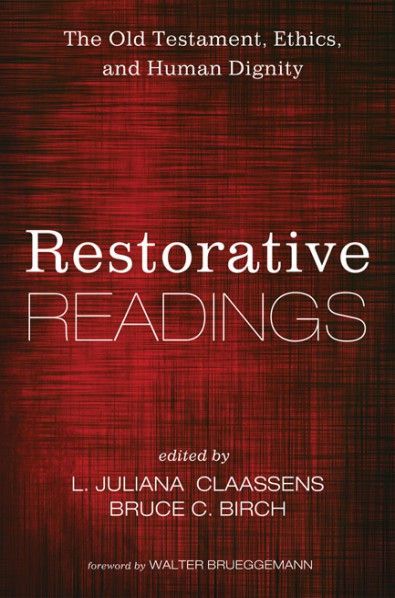A new political and economic imagination? Capital and the Twenty-First Century
 Monday, September 14, 2020 at 1:09PM
Monday, September 14, 2020 at 1:09PM  Monday, September 14, 2020 at 1:09PM
Monday, September 14, 2020 at 1:09PM  Thursday, September 3, 2020 at 12:28PM
Thursday, September 3, 2020 at 12:28PM
 Sunday, January 14, 2018 at 8:20AM
Sunday, January 14, 2018 at 8:20AM ‘The great powers of the world may have done wonders in giving the world an industrial and military look but the great gift still has to come from Africa – giving the world a more human face.’
- Steve Biko
 Monday, May 25, 2015 at 2:26PM
Monday, May 25, 2015 at 2:26PM  A new book for which I wrote a section has been published! The book is called ‘Restorative Readings: The Old Testament, Ethics and Human Dignity’. It was edited by two wonderful friends, Professors Julie Claassens and Bruce Birch. This is a magnificent collection of chapters on issues related to reading the Old Testament text within the context of issues related to Christian Ethics and the Human Dignity discourse.
A new book for which I wrote a section has been published! The book is called ‘Restorative Readings: The Old Testament, Ethics and Human Dignity’. It was edited by two wonderful friends, Professors Julie Claassens and Bruce Birch. This is a magnificent collection of chapters on issues related to reading the Old Testament text within the context of issues related to Christian Ethics and the Human Dignity discourse.
You can order your copy of the book here (Wipf and Stock), or from Amazon.com here.
Congratulations Juile and Bruce! This is such an important book! I have read the chapters a number of times and am so excited about the voices that will be added to the discourse.
The foreword was written by Walter Brueggemann.
Here is some additional information about the book:
The Bible has the unfortunate legacy of being associated with gross human rights violations as evident in the scriptural justification of apartheid in South Africa as well as slavery in the American South. What is more, the Hebrew Bible also contains numerous instances in which the worth or dignity of the female characters are threatened, violated or potentially violated, creating a situation of dehumanization in which women are viewed as less than fully human.
And yet the Bible continues to serve as a source of inspiration for readers committed to justice and liberation for all. But in order for the Bible to speak a liberative word, what is necessary is to cultivate liberating Bible reading practices rooted in justice and compassion. Restorative Readings seeks to do exactly this when the authors in their respective readings seek to cultivate Bible reading practices that are committed to restoring the dignity of those whose dignity has been violated by means of racial, gender, and sexual discrimination, by the atrocities of apartheid, by the HIV/AIDS pandemic, and by the dehumanizing reality of unemployment and poverty.